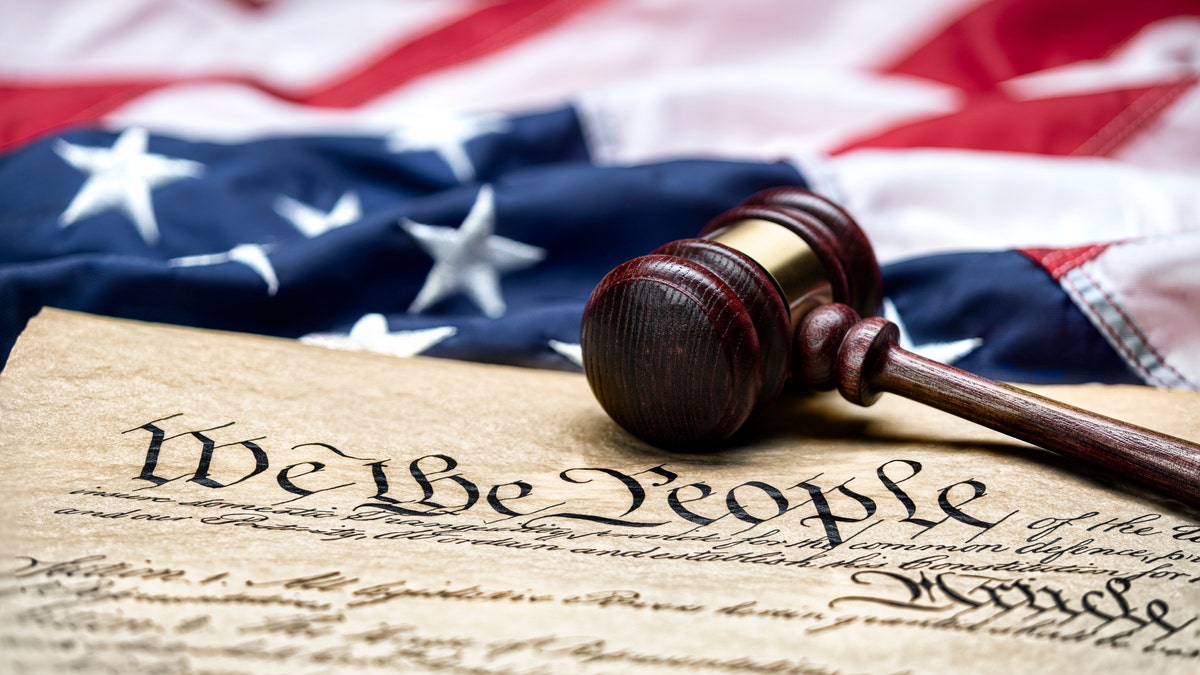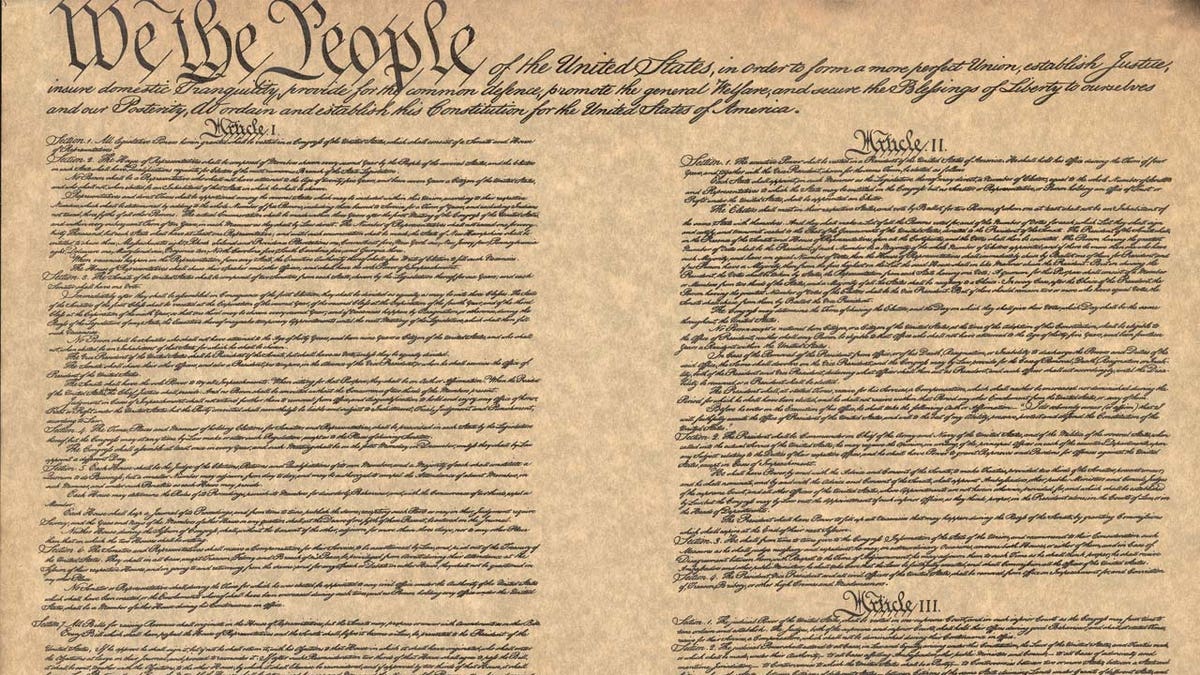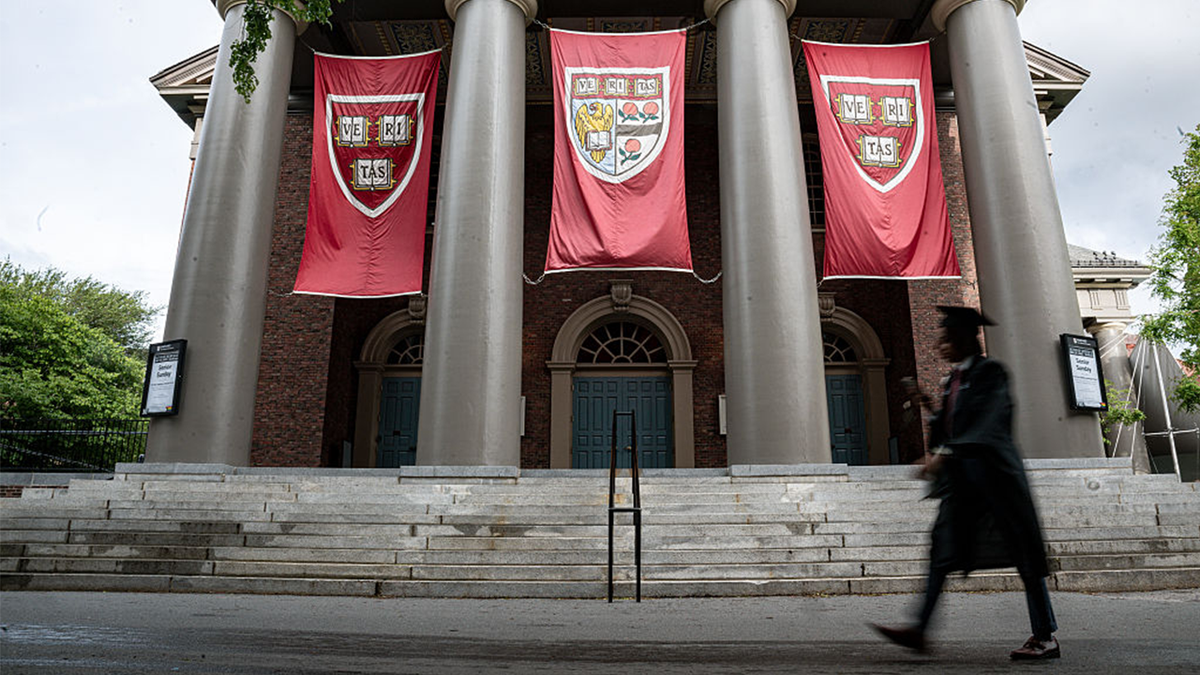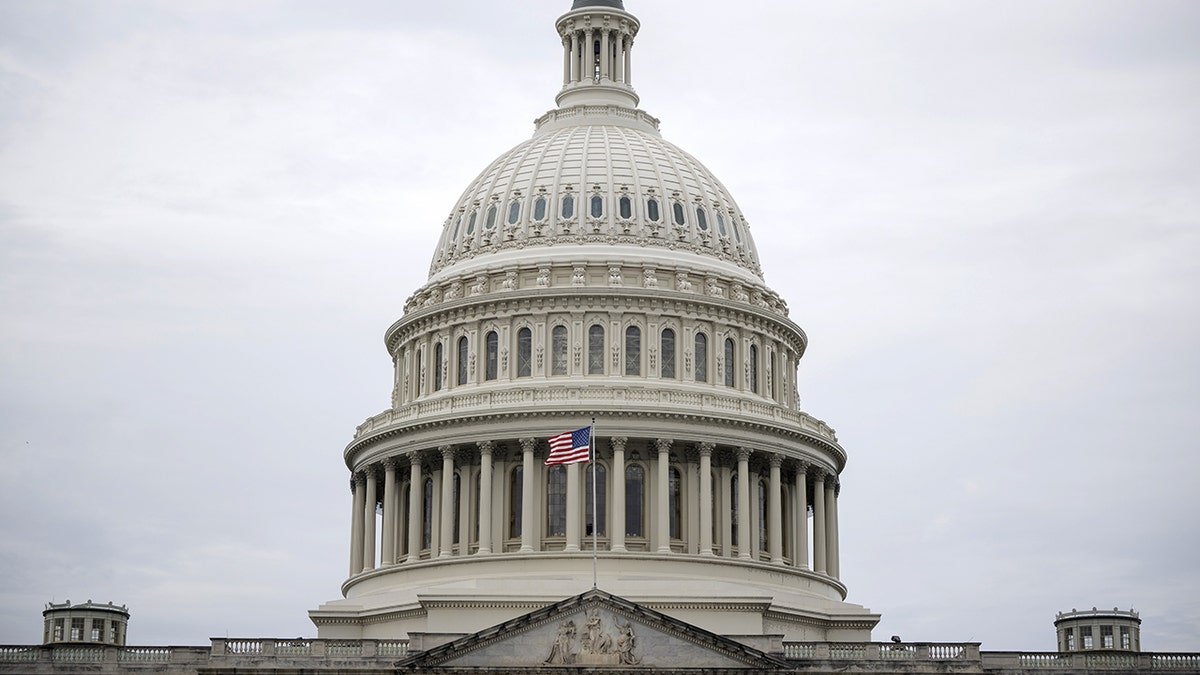

"I am very angry." Those words from Harvard Law Professor Michael Klarman were something of an understatement in our debate at Colgate University last week over whether our country is in a "constitutional crisis."
Taking the affirmative position, Klarman lashed out at what he called the current "authoritarianism rooted in old-fashioned white supremacy." Drawing analogies to Nazi Germany, he denounced President Donald Trump and his supporters as "fascists" while calling ICE agents "thugs" operating "concentration camps" where immigrants are "essentially tortured."
When I noted that Klarman was demonstrating the license of what I have called our "age of rage," he readily agreed: "I am enraged." He said he wanted to "show rage" because the constitutional system "is not working" and that he spoke "to alarm you … to shake people out of their insomnia."
THE CONSTITUTION OF THE UNITED STATES: UNDERSTANDING THE SUPREME LAW OF THE U.S.
Like many law professors today, Klarman questioned the viability of our constitutional system. However, what he described was not a constitutional crisis but a crisis of faith.
A New York Times column last year denounced "Constitution worship," adding that "Americans have long assumed that the Constitution could save us; a growing chorus now wonders whether we need to be saved from it."
There is indeed a growing chorus of faculty calling for us to scrap our constitutional system:
On many news shows, the Constitution is increasingly dismissed as "trash" and a vehicle for oppression.

A counter-constitutional movement is spreading in academia, fueled by election outcomes and court rulings that defy progressive demands. The conclusion from many in the establishment: the system itself is broken and must be discarded. (iStock)
This counter-constitutional movement is spreading in academia, fueled by election outcomes and court rulings that defy progressive demands. The conclusion of many in the establishment: the system itself is broken and must be discarded.
PROTECTING THE DECLARATION OF INDEPENDENCE IN OUR 250TH YEAR
For law students, this has become the academic echo chamber in which they learn. To support the Constitution — or deny a "crisis" — is to invite ridicule and retribution. Suggesting that the most successful constitutional system in history is anything but a failed experiment is now viewed as naïve.
Unlike other nations bound by a common language or culture, we are a nation united by a legacy of ideas — a revolutionary faith in a free people bound together by a simple Constitution.
In my forthcoming book, "Rage and the Republic: The Unfinished Story of the American Revolution," I discuss this crisis of faith and the dangers it presents to American democracy in the 21st century.
After years of engaging in such debates, it can take a toll. At times, it feels as if fewer and fewer people understand the great gift the Framers gave us in this unique document.
At our debate, Klarman reminded the students that the Constitution is merely "words on paper" if it is not working correctly. But it is more than that. It is a covenant of a people with each other; a leap of faith in a system that has survived wars, economic crises and social unrest for more than two centuries.
JONATHAN TURLEY: ANGRY RHETORIC IS ALL THE RAGE, BUT HERE'S TO HOPE
After Colgate, I did not return straight to Washington. I had one more stop: Grand Lake, Colorado, where I was invited to give the Constitution Day Address.
Nestled in the Rocky Mountains, the town holds an annual celebration. The invitation intrigued me — it said they may be a small town, but they believed in something truly big: the United States Constitution.

A view of the statue of John Harvard on the campus of Harvard University in Cambridge, Massachusetts on October 8, 2024. (Maddie Meyer)
I arrived near midnight and, after two weeks on the road, questioned my decision to make the trip. The next morning, still worn out, I joined the parade before the speech.
What I found was exactly what I needed. The entire town had turned out, joined by visitors from as far away as Wyoming, to share their love for our nation and its Constitution.

Facimile of the Constitution for the United States Of America, dated September 17, 1787. (Fotosearch/Getty Images)
Before we began, I met three young boys dressed in Revolutionary garb and carrying American flags. They were part of the local fife and drum corps.
We marched down Main Street as families lined the sidewalks, cheering the Constitution. Riders on horseback carried flags, and go-karts rolled by as neighbors cheered neighbors. There was no rage. No anger. Only gratitude.
CONSERVATIVE, LIBERAL SCHOLARS UNITE AGAINST 'WOKENESS' IN NEW MANIFESTO
I know this account will be scoffed at back East as some trite remake of an American Whoville. But living in Washington, one can easily succumb to the cynicism and tribalism of politics. Patriotism is at best a sound bite for politicians to feed what they dismiss as "the chumps in the hinterlands."
Every generation has its conceit — believing its problems are unique and require radical new measures. But these voices are the same ones we’ve heard for centuries. They are the voices of an age of rage.
In our debate, Klarman stressed he was not calling all Trump voters fascists. He said many are simply ill-informed and "do not read newspapers." He added that any students who had not attended a protest in the last eight months were, in effect, accessories to the rise of authoritarianism.
I suggested another possibility: most citizens do not agree with the political, academic and media elite. They are not unread idiots but people who see something many in academia no longer see — or refuse to see.
I respect that Klarman is responding to things he views as genuinely threatening and harmful to society’s most vulnerable. Yet at Harvard, where only a handful of conservative faculty remain, it is easy for students to conclude such views are unassailable truth.

A graduate on the campus of Harvard University in Cambridge, Mass. in an undated photo. (Getty Images)
Outside of Cambridge, Mass. and Washington, however, there is an entire nation that still believes in the Constitution. That is why this trip was so rejuvenating for me. Many law professors today are like priests who have lost their faith but kept their robes. They lash out at a system for failing to meet their demands, and at an electorate that refuses to yield to their collective wisdom.

The United States Capitol building is seen in Washington, D.C., on September 16, 2025 (Celal Gunes/Anadolu via Getty Images)
Walking in town later, I came across two boys near the pavilion. They eagerly described their candy haul and couldn’t wait for the fireworks that night. As I turned to go, one of them stopped me: "And I got this." He proudly pulled out a pocket Constitution. His younger brother quickly objected: "We are sharing it."
As a nation, we are still sharing it after more than two centuries. It defines us as a people. Unlike other nations bound by a common language or culture, we are a nation united by a legacy of ideas—a revolutionary faith in a free people bound together by a simple Constitution.
It was hard to leave Grand Lake, but I felt better just knowing places like this still exist.
